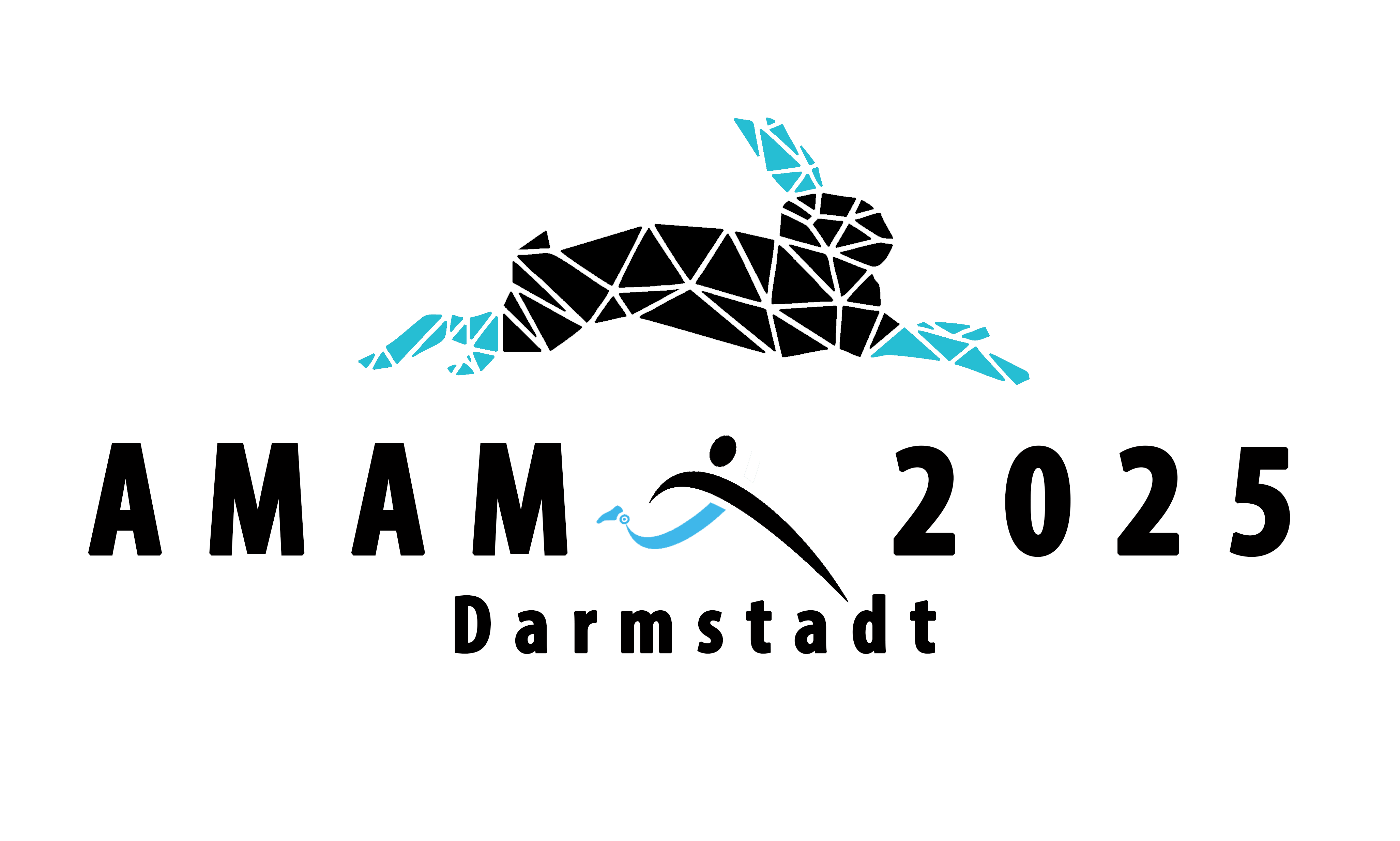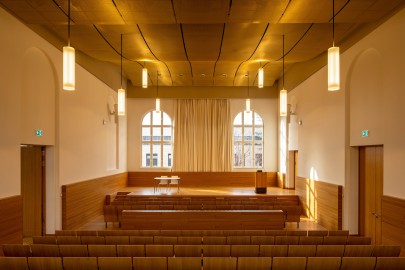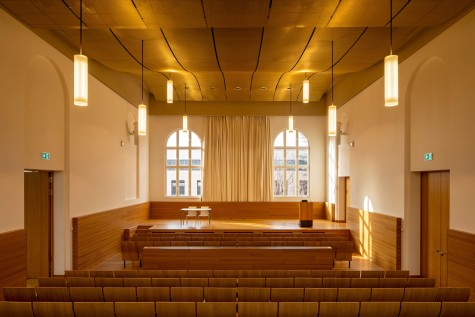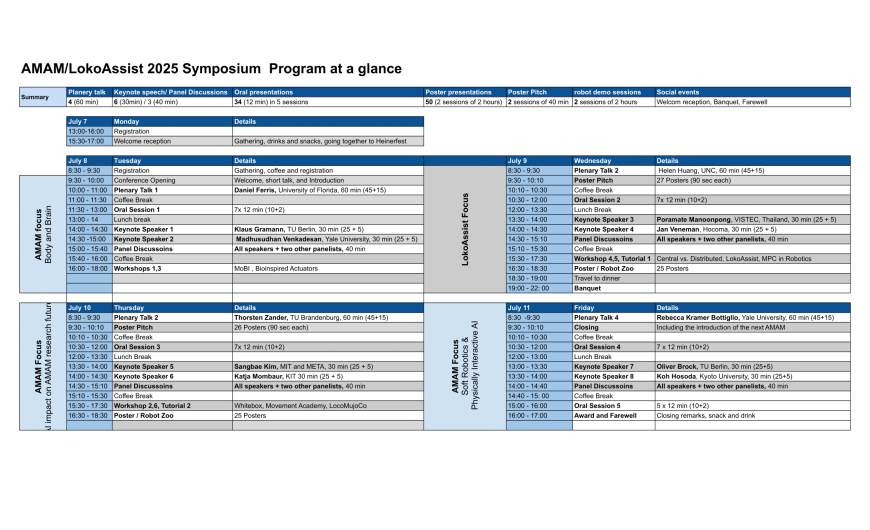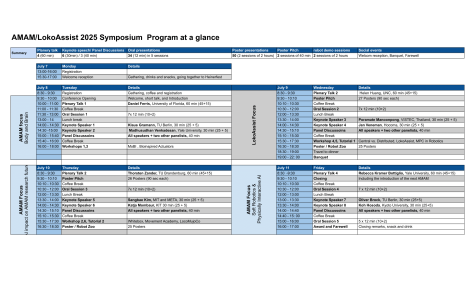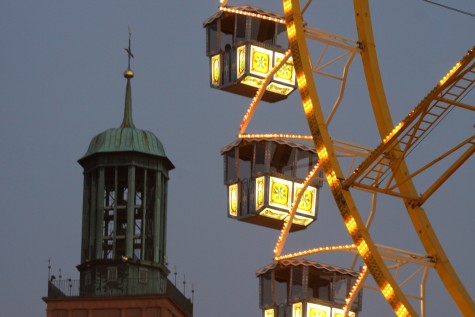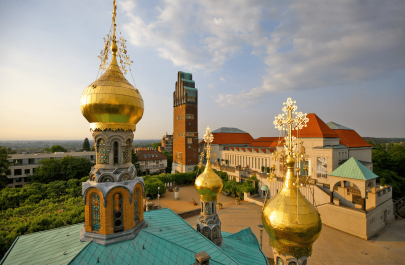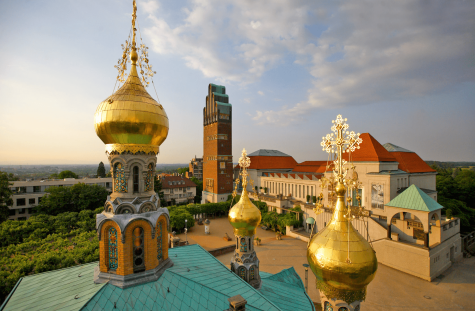Special Issue of Bioinspiration & Biometrics
We are pleased to announce that selected works presented at the AMAM/LokoAssist 2025 Symposium will be invited to contribute to a special collection in the journal Bioinspiration & Biomimetics (IOP Publishing). Deadlines for invited submissions will be communicated in due course.
Brewery Tour Available
The Banquet and Brewery Tour will be held at “Braustüb'l” (Goebelstraße 7, 64293 Darmstadt)
An optional brewery tour will be available during the conference banquet. As spots are limited, reservations can be made at the registration desk on a first-come, first-served basis.
The 12th International Symposium on Adaptive Motion of Animals and Machines and 2nd LokoAssist Symposium
TU Darmstadt, Darmstadt, July 7th-11th, 2025
Exploring how animals and humans excel in adaptive movements, particularly locomotion, provides valuable insights for engineers seeking to enhance the adaptive capabilities of robots. In turn, robots serve as scientific tools to investigate the fundamental principles of biological systems, especially the neuromechanical mechanisms behind their remarkable motor abilities. This “adaptive intelligence” can be harnessed to design robots that improve our lives by assisting with locomotion. To comprehensively address the understanding of biological movement, the design of bioinspired robots, and their applications in assisting both humans and animals, we have merged the 12th AMAM symposium with the 2nd LokoAssist symposium, forming the AMAM/LokoAssist 2025 Symposium.
This event is dedicated to fostering fruitful interactions among biologists, engineers, and other researchers interested in adaptive motion. Previous AMAM symposia have been held in locations including Montreal, Canada (2000); Kyoto, Japan (2003); Ilmenau, Germany (2005); Cleveland, USA (2008); Awaji, Japan (2011); Darmstadt, Germany (2013); Cambridge, USA (2015); Sapporo, Japan (2017); Lausanne, Switzerland (2019); Virtual Platform (2021); and Kobe, Japan (2023).
By addressing the interdisciplinary challenge of integrating active locomotion devices—such as orthoses, exoskeletons, and prostheses—into the daily movement experience of users, LokoAssist will extend AMAM's focus on locomotion assistance applications. The first LokoAssist Symposium was held in Darmstadt (2023).
This AMAM/LokoAssist 2025 Symposium aims to bring together researchers from fields such as robotics, biomechanics, neuroscience, sports science, neurophysiology, brain science, prosthetics, and other disciplines related to adaptive behavior in both biological and artificial systems.
Venue
- AMAM2025 LaTeX (ZIP-File, 363kB)
- AMAM2025 Word (ZIP-File, 400kB)
Review procedure:
Submitted abstracts will undergo a peer-review process. Accepted abstracts will be published online on the conference website and in the TU Darmstadt scientific publication database.
Presentation Format:
Accepted abstracts will be presented in two formats: Poster (must be A0) or oral. Authors can select their preferred format during the submission process. However, the editorial committee reserves the right to change the presentation format from oral to poster due to limitations in the number of oral presentations or based on reviewer evaluations.
At least one coauthor must register and present the accepted abstract at the conference for it to be included in the proceedings.
If you have any questions during the submission process, please contact us at: amamlokoassist@gmail.com.
Robot Zoo Information (Robot Demo)
The Robot Zoo is a special demo session at AMAM/LokoAssist 2025, inviting researchers to showcase their hardware, including robots, prostheses, orthoses, and more. Proposals from all areas related to adaptive motion in animals and machines and assistive technology are welcome. Proposals can be stand-alone or linked to an accepted paper at AMAM 2025. The demonstration will feature the hardware itself, and presenters will also be able to display a poster. The Robot Zoo session will be scheduled during the same time as the poster presentations. Demonstrators will also be able to provide brief remarks during the poster spotlight session.
- Robot Zoo Template LaTeX (ZIP-File, 320kB)
- Robot Zoo Template Word (ZIP-File, 343kB)
Workshops & Tutorials at AMAM 2025
| Workshop 1: MoBI (Mobile Brain and Body Imaging) |
| Workshop 2: Whitebox |
| Workshop 3: Bioinspired Actuators |
| Workshop 4: Central vs. Distributed Movement Control |
| Workshop 5: Movement Academy |
| Workshop 6: LokoAssist |
| Tutorial 1: MPC in Robotics |
| Tutorial 2: LocoMuJoCo |
|
More information soon! For detailed information about the workshops click here! |
Speakers
| Speaker | Affiliation | Topic/Title |
|---|---|---|
| Daniel Ferris | University of Florida | Robotic exoskeletons, bionic prostheses, and immersive virtual reality as tools to better understand brain and body connections |
| Sangbae Kim | MIT | Physical intelligence and Cognitive Biases Toward AI |
| Helen Huang | UNC/NC | Towards Human-Prosthesis Symbiosis |
| Madhusudhan Venkadesan | Yale University | The human foot |
| Oliver Brock | TU Berlin | Is Dexterous Manipulation in Robots Converging Towards How Humans Do It? |
| Katja Mombaur | KIT & University of Waterloo, Canada | Endowing humanoid robots with embodied intelligence: the roles of bio-inspiration, optimization and learning |
| Thorsten Zander | BTU | What Is Neuroadaptive AI and Why Will It Change Much More Than You Think? |
| Jan Veneman | Hocoma | Applying Robotics to Rehabilitate and Support Human Mobility |
| Koh Hosoda | Kyoto University | Quadruped Robots driven by Pneumatic Artificial Muscles |
| Poramate Manoonpong | VISTEC, Thailand, SDU Denmark | Bio-inspired Neural Control with Online Adaptation for Personalized Locomotion Assistance of Interactive Exoskeletons |
| Klaus Gramann | TU Berlin | Imaging the Human Brain in Real and Virtual Worlds |
| Rebecca Kramer Bottiglio | Yale University | Soft robots that adapt to changing tasks and environments |
Registration
Registration is open, please refer to this Link: Registration Portal
A limited number of student registration fee waivers are available. To apply, send your personal info, affiliation, accepted paper details, and a short motivation paragraph to the conference email by April 30th. Selected applicants must register by the early bird deadline (15th of May).
Registration options:
Option 1 – Early bird student: 400,00€ (Available until May 15th)
Option 2 – Early bird regular: 550,00€ (Available until May 15th)
Option 3 – Student late: 550,00€
Option 4 – Regular late: 700,00€
Banquet: 85€
An optional brewery tour will be available during the conference banquet. As spots are limited, reservations can be made at the registration desk on a first-come, first-served basis.
Program Committee
Useful Travel Information
Recommendations for Accomodation:
A limited number of discounted rooms have been reserved at the Welcome Hotel Darmstadt for AMAM/LokoAssist 2025 participants. To receive the discount, please use the booking code AMAM2025 when making your reservation.
Karolinenplatz 4
64289 Darmstadt
Tel.: +49 6151 39140
(about 0.3 km to the conference venue)
Sights of Darmstadt
General Chair & Co-Chair
| Name | Contact | |
|---|---|---|
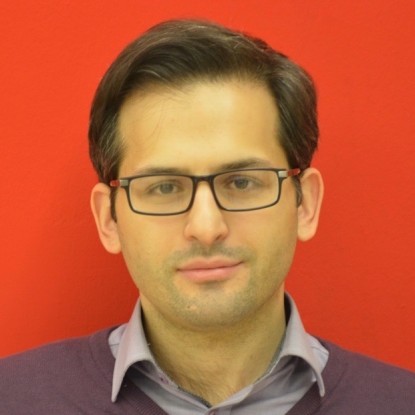
| Dr. Dr. Maziar Ahmad Sharbafi Scientific Coordinator | maziar.sherbafi@tu-... +49 6151 16- 24133 S1|15 46 |
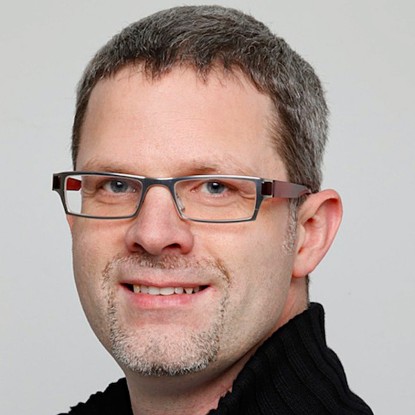
| Prof. Dr. André Seyfarth | andre.seyfarth@tu-... |

